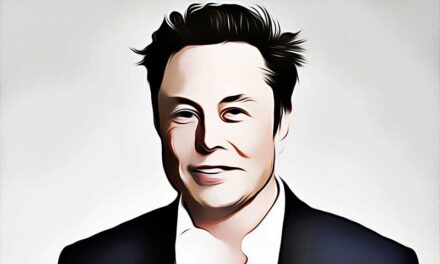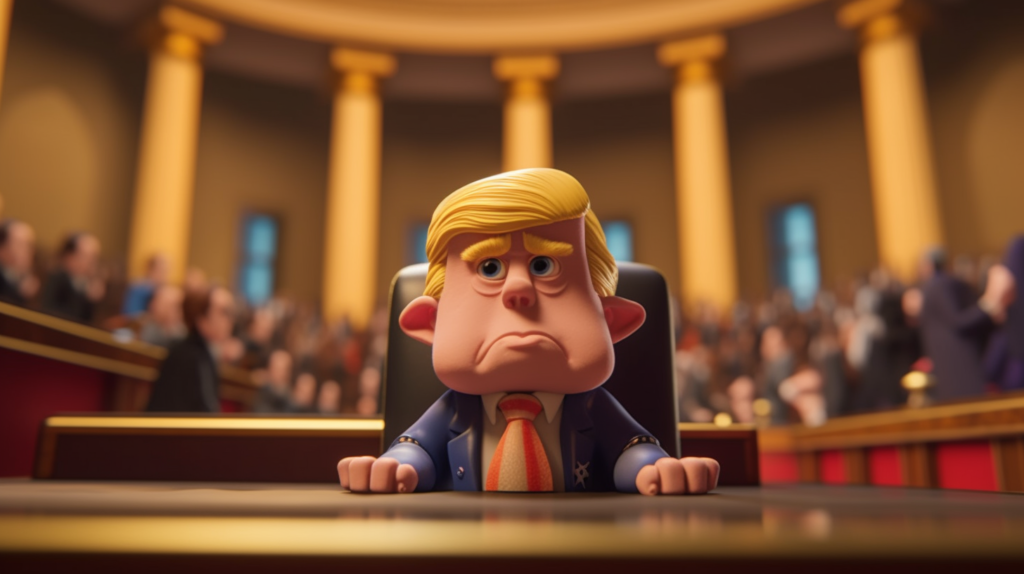Former Formula One champion Michael Schumacher’s family is pursuing legal action against a German magazine, Die Aktuelle, for publishing an AI-generated “interview” with the star. The front cover of the magazine featured a picture of Schumacher, alongside the headline “Michael Schumacher, the first interview,” with supposed quotes included in the article. The family has guarded Schumacher’s privacy since he suffered severe brain injuries in a skiing accident in December 2013.
Schumacher’s son Mick is currently a reserve driver for Mercedes in Formula One. The seven-time F1 champion has a record that includes two world drivers’ titles with Benetton in 1994 and 1995, and five in a row for Ferrari from 2000 to 2004. His seven F1 titles are a joint record with Lewis Hamilton, while Schumacher achieved 91 race wins during his career, a record that Hamilton surpassed in 2020.
The use of AI-generated content in journalism has been a topic of discussion, and the Schumacher family’s legal action against Die Aktuelle could set a legal precedent. The family has been very private about Schumacher’s condition, limiting access to only those closest to him and providing little information about his progress. In a 2021 Netflix documentary, Schumacher’s wife, Corinna, stated, “Private is private,” as he always said. It is essential to the family that Schumacher can continue to enjoy his private life as much as possible.
The case has received significant attention, as it not only involves the privacy of a high-profile individual but also raises questions about the use of AI-generated content in journalism. With the advancement of technology, AI-generated content has become more common, and the use of such content raises concerns about the accuracy and authenticity of news reporting.
In conclusion, the Schumacher family’s legal action against Die Aktuelle for publishing an AI-generated “interview” with Michael Schumacher has drawn attention to the use of AI-generated content in journalism. The family’s commitment to guarding Schumacher’s privacy since his accident has been evident, and the case will likely set a legal precedent for the use of AI-generated content in journalism.










![Fei-Fei Li and a technical future - NewsBites.AI [Fei-Fei-li picture] looking optimistically into a technical future. Optimistic. Hopeful. Happy. Productive. --ar 16:9. Image courtesy of Midjourney, used with permission. All rights reserved.](https://newsbites.ai/wp-content/uploads/2023/05/Fei-Fei-Li-futuristic-1-150x150.png)
